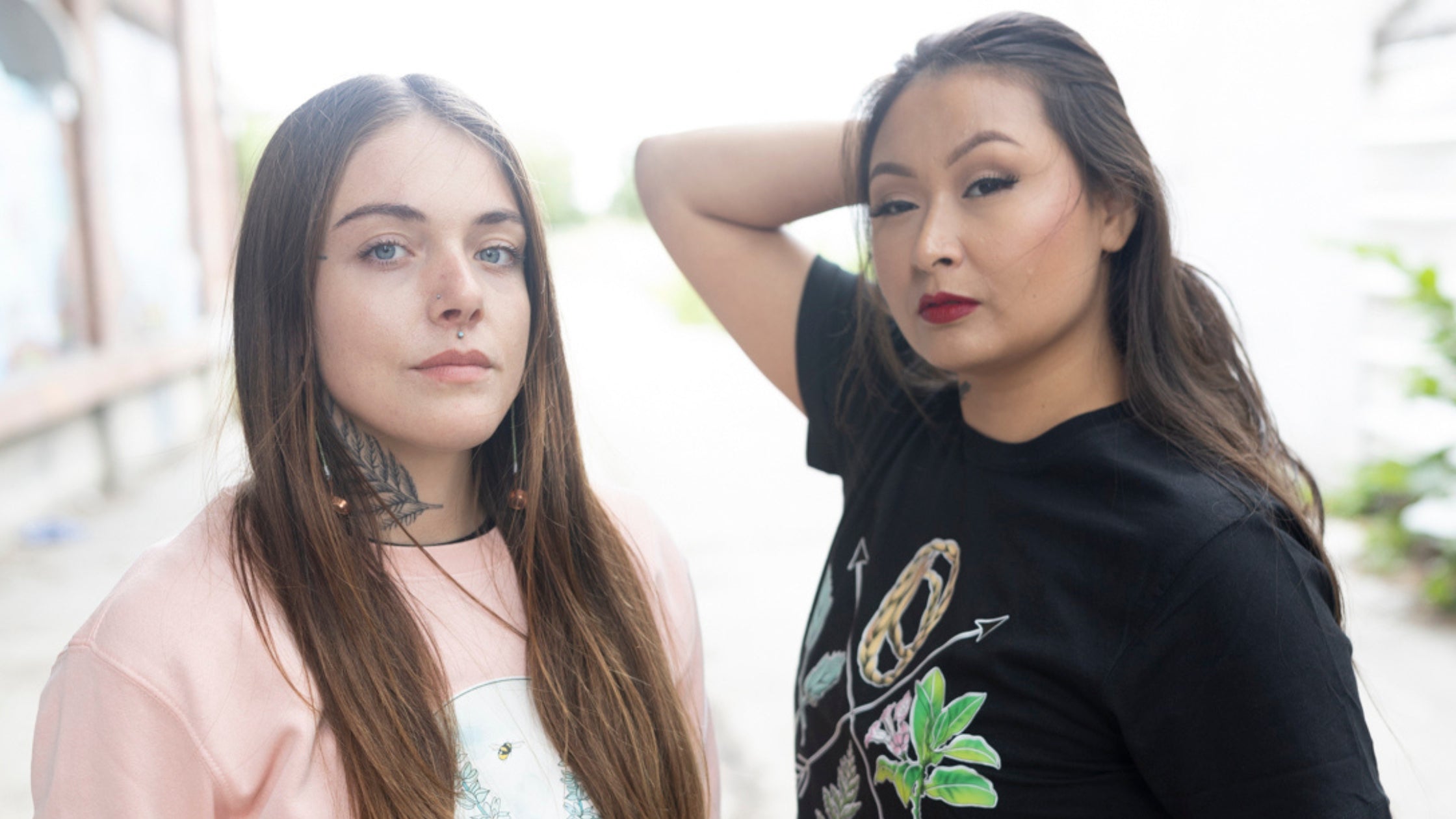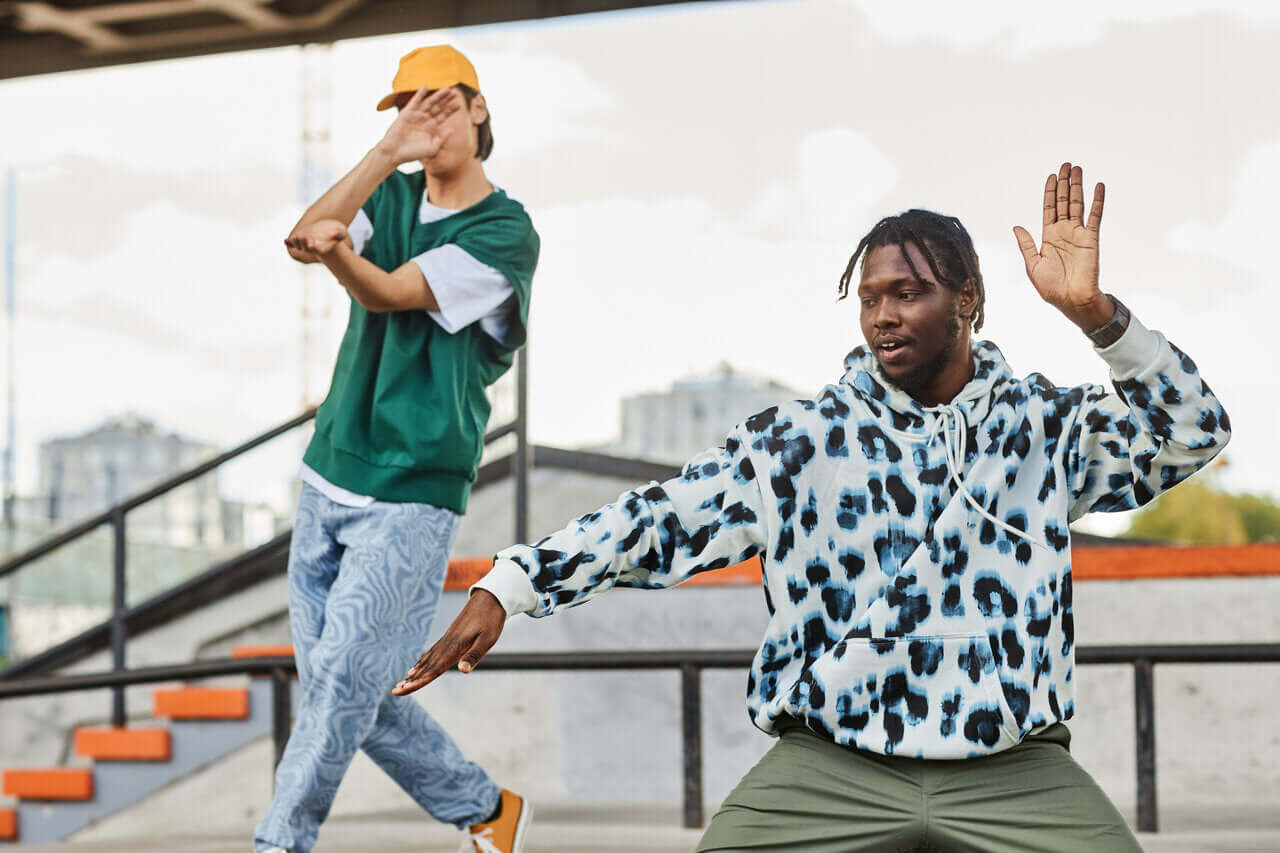Sustainable Fashion: Empowering Indigenous Communities and Driving Change

The ever-growing concern for our planet's well-being has ushered in a new era of eco-conscious consumerism. Sustainable fashion has emerged as a powerful response to the many environmental and social issues tied to the global fashion industry, from excessive waste to exploitation in the production process. In this context, Indigenous fashion brands showcase how striking a balance between cultural expression, activism, and sustainable practices can contribute to empowering Indigenous communities and driving meaningful change in the industry.
By prioritizing eco-friendly materials, ethical manufacturing processes, and fair working conditions, sustainable Indigenous fashion brands not only focus on reducing their environmental footprint but also address social justice issues that directly impact their communities. This approach ensures that the production of clothing promotes human and environmental welfare while supporting the preservation of Indigenous art and traditions.
This article will delve deeper into the role of sustainable fashion in empowering Indigenous communities. We will explore the environmental impact of the fashion industry, the importance of responsible and transparent manufacturing practices, and how Indigenous streetwear brands like Red Rebel Armour are pioneers in bringing conscious consumerism to life. Moreover, we will provide practical tips on how to contribute to empowering Indigenous communities through sustainable fashion choices, both by supporting Indigenous-owned brands and fostering a more socially responsible approach to consumption.
Join us in this journey as we uncover the power of sustainability in transforming the fashion industry, and how it intersects with Indigenous empowerment, cultural preservation, and a much-needed shift towards more equitable and ethical practices.
The Environmental Impact of the Fashion Industry
The global fashion industry is often cited as one of the major contributors to environmental degradation, with issues ranging from resource depletion to pollution and waste generation. Fast fashion, in particular, emphasizes quick production cycles and low costs, often at the expense of environmental sustainability and workers' rights. This model has led to increasing concern about the extent of harm caused by the fashion industry and the urgent need for meaningful change.
In response, a growing number of brands are embracing sustainable fashion principles. These principles seek to minimize the environmental and social impact of clothing production, focusing on the use of eco-friendly materials, ethical labour practices, and transparent supply chains, among other measures. For Indigenous streetwear brands, incorporating sustainability into their ethos plays a crucial role in promoting environmental stewardship while celebrating their culture's values and traditions.
Sustainable Practices in Indigenous Streetwear
As an example of the intersection between Indigenous cultures and sustainable fashion, we demonstrate a commitment to responsible production and eco-conscious practices. By choosing materials with a lower environmental footprint, such as organic and recycled fabrics, Indigenous streetwear brands can move in the direction of sustainable fashion. These fabric choices not only reduce pollution and waste, but also contribute to responsible resource management, which aligns with Indigenous values of respect for the land and all living beings.
Additionally, prioritizing ethical labour practices is essential in promoting an equitable and just fashion industry. Indigenous streetwear brands that guarantee fair wages, safe working conditions, and non-exploitative practices, ensure the welfare of all individuals involved in the production process. By adhering to these principles, Indigenous streetwear brands address the historical marginalization faced by Indigenous Peoples while fostering social empowerment within their communities.
Cultural Representation and Empowerment in Sustainable Fashion
One clear advantage of supporting Indigenous streetwear brands like Red Rebel Armour is the opportunity to amplify and celebrate Indigenous voices and culture. By incorporating traditional symbols, motifs, and designs into their clothing, these brands showcase the rich cultural heritage and diversity of Indigenous Peoples. This cultural representation also serves to counteract mainstream-fashion's appropriation of Indigenous art, which often lacks sensitivity and authenticity.
Moreover, Indigenous streetwear brands that emphasize sustainability and ethical production demonstrate the capacity of fashion to empower communities and champion social change. By embracing eco-friendly practices, these brands advance the principles of responsibility, unity, and resilience, which are vital for addressing the wider socio-environmental challenges facing Indigenous communities. In this sense, sustainable Indigenous streetwear becomes an instrument for activism and allyship, promoting awareness about Indigenous rights, land sovereignty, and environmental justice.
How to Support Sustainable Indigenous Fashion
As a consumer, you can contribute to empowering Indigenous communities through sustainable fashion by making thoughtful and informed choices in your purchasing decisions. Consider the following steps:
- Research and Support Indigenous-Owned Brands: Begin by learning about Indigenous-owned fashion brands that prioritize sustainability and ethical practices. By supporting these brands, your purchases contribute to Indigenous communities' economic growth and independence.
- Be a Conscious Consumer: Assess the longevity and quality of clothing items before buying them. Embrace a "less is more" mentality, focusing on durable, versatile, and timeless pieces that can be worn for many years, thereby reducing waste and promoting more sustainable consumption patterns.
- Educate Yourself: Stay informed about the environmental and social aspects of the fashion industry. Look for brands that are transparent about their production processes, materials, and labour practices.
- Share Your Knowledge: Spread the word about Indigenous-owned sustainable fashion brands, educating your friends, family, and social media followers about the importance of supporting these businesses and the values they represent.
Fashioning a Greener Future Together
Embracing sustainable Indigenous fashion not only contributes to a greener future but also empowers Indigenous communities by recognizing and celebrating their unique art, values, and traditions.
Brands like Red Rebel Armour are leading the way in this shift towards sustainability, proving that urban fashion apparel can serve as both an aesthetic and activist medium. By supporting these brands and adopting more eco-conscious consumption habits, we can unite in our efforts to empower Indigenous communities and create a fashion industry that champions both environmental and social justice. Check out our collections today!







